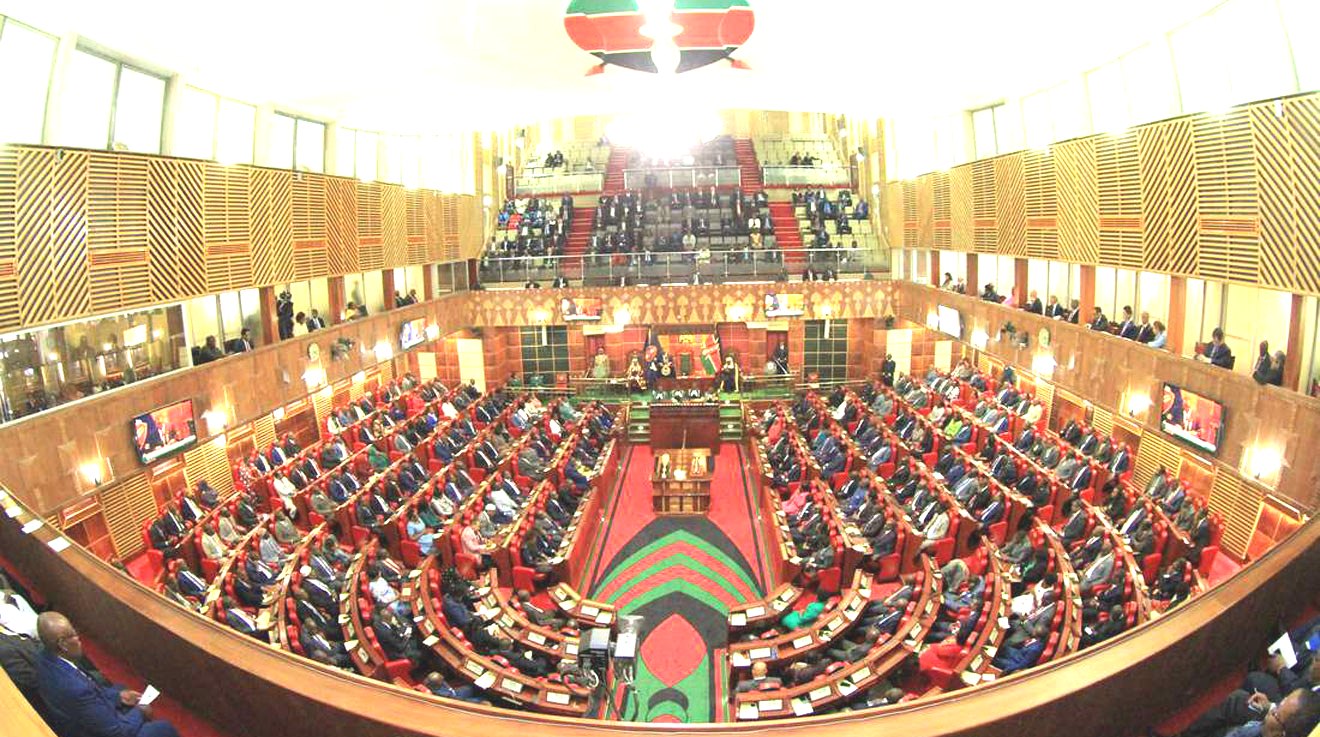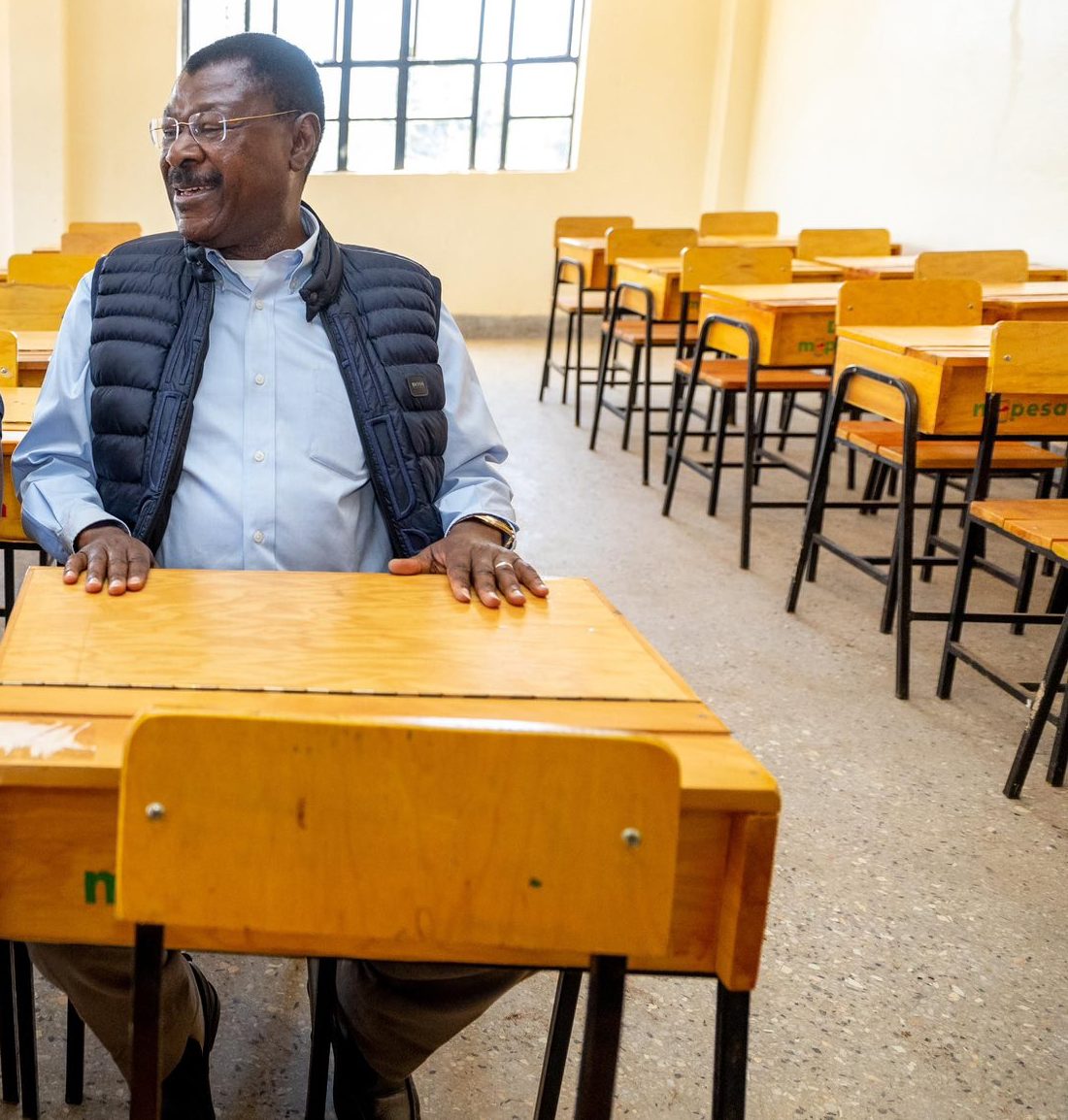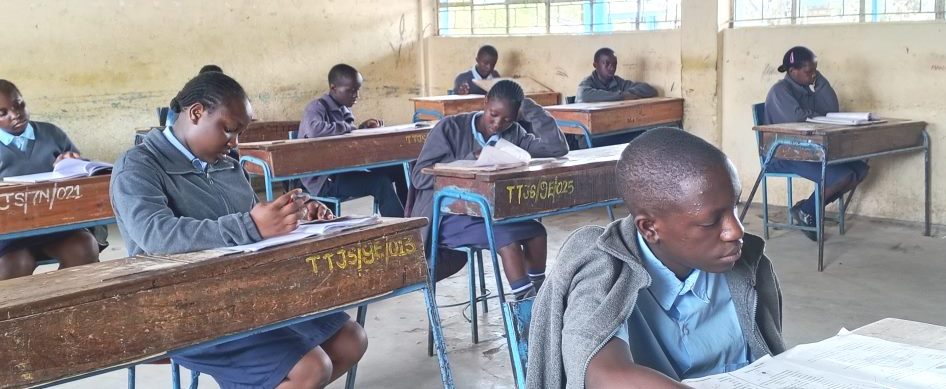MPs have restored funding for the Education and Health ministries that had been reduced in the 2024/2025 Supplementary Estimates.
Education had experienced a reduction of Ksh23.1 billion, while the Health sector experienced a budget cut of Ksh8.935 billion in the proposed cuts.
In the revisions, the Budget and Appropriations Committee decreased the total budget by Ksh10.1 billion from Ksh156.4 billion to Ksh146.3 billion in the 2024/25 supplementary estimates.
The total decrease in recurrent expenditure for the fiscal year 2024/2025 amounts to Ksh38.89 billion, and the reduction in development expenditure is Ksh107.4 billion.
“The committee further recommends that the House approves an overall reduction in the total budget for FY2024/2025 by Ksh146, 342, 055, 790 in respect of the votes contained in the first schedule,” said the committee report tabled in the National Assembly.
The committee, led by Kiharu MP Ndindi Nyoro, expressed concerns that Semi-Autonomous Government Agencies (SAGAs) provided insufficient information in the budget estimates. MPs argued that this lack of information hindered their ability to thoroughly scrutinize the budget for fiscal accountability and transparency.
The budget allocation for the State Department for Technical Vocational Education and Training(TVET) was raised by Ksh5.1 billion, increasing from Ksh23 billion to Ksh28.2 billion.
READ ALSO:
KSSSA inspection team settles on venues for national competitions
Consequently, the budget for the Higher Education and Research department was increased by Ksh1.15 billion, raising it from Ksh119.2 billion to Ksh120.4 billion.
The funds allocated to the Higher Education Loans Board (HELB), which experienced a budget reduction of Ksh710 million, and the Universities Fund (UF) for scholarships. The UF’s budget was decreased by Ksh2.6 billion from the initially designated Ksh19.6 billion.
The UF cuts would have restricted access to loans and scholarships for 153,292 students enrolling in university in September.
The budget for Basic Education was raised also by Ksh14.3 billion, increasing from Ksh116.8 billion to Ksh131.2 billion. This includes Ksh11.98 billion allocated to free primary education and Ksh2.4 billion designated for secondary schools. Despite this increase, Basic and secondary education had previously faced total cuts amounting to Ksh14.93 billion.
Out of the new budget, Ksh5 billion will be allocated for administering exams later this year to 3.5 million students, while Ksh10 billion will be provided to the Teachers Service Commission (TSC) for implementing the Competency Based Curriculum.
Of the 3.5 million students, 1,264,842 will be taking Grade 3 exams, 1,313,913 will sit for the Kenya Primary School Education Assessment (KPSEA), and 965,501 will participate in the Kenya Certificate of Secondary Education (KCSE) examination.
Out of the Ksh5 billion, Ksh1.9 billion is allocated for KPSEA and Ksh3.1 billion for KCSE.
These adjustments follow concerns raised by the Education Committee, which warned that approving the reductions could undermine both access to and the quality of education, potentially threatening ongoing reforms.
“The education sector is one of the most affected … by the proposed revised estimates. This includes an entire reduction for capital projects … including in infrastructure improvement for basic institutions, TVET, and public universities,” says the report.
In the Health ministry, the budget for the State Department for Medical Services was raised by Ksh27.6 billion, increasing from Ksh64.3 billion to Ksh91.9 billion.
In the Health Ministry, the budget for the State Department for Medical Services has been increased by KSh27.6 billion, rising from Ksh64.3 billion to Ksh91.9 billion. The State Department for Public Health and Professional Standards also saw its budget rise by Ksh4.3 billion, from Ksh22.6 billion to Ksh26.9 billion.
Of this funding, an additional Ksh3.8 billion will be allocated to preventive and promotive services, while health resources development and innovation will receive Ksh451 million.
The funds will also be used to cover the costs of intern teachers, with officials estimating a need of Ksh3.7 billion for this purpose.
By Frank Mugwe
You can also follow our social media pages on Twitter: Education News KE and Facebook: Education News Newspaper for timely updates.
>>> Click here to stay up-to-date with trending regional stories
>>> Click here to read more informed opinions on the country’s education landscape






